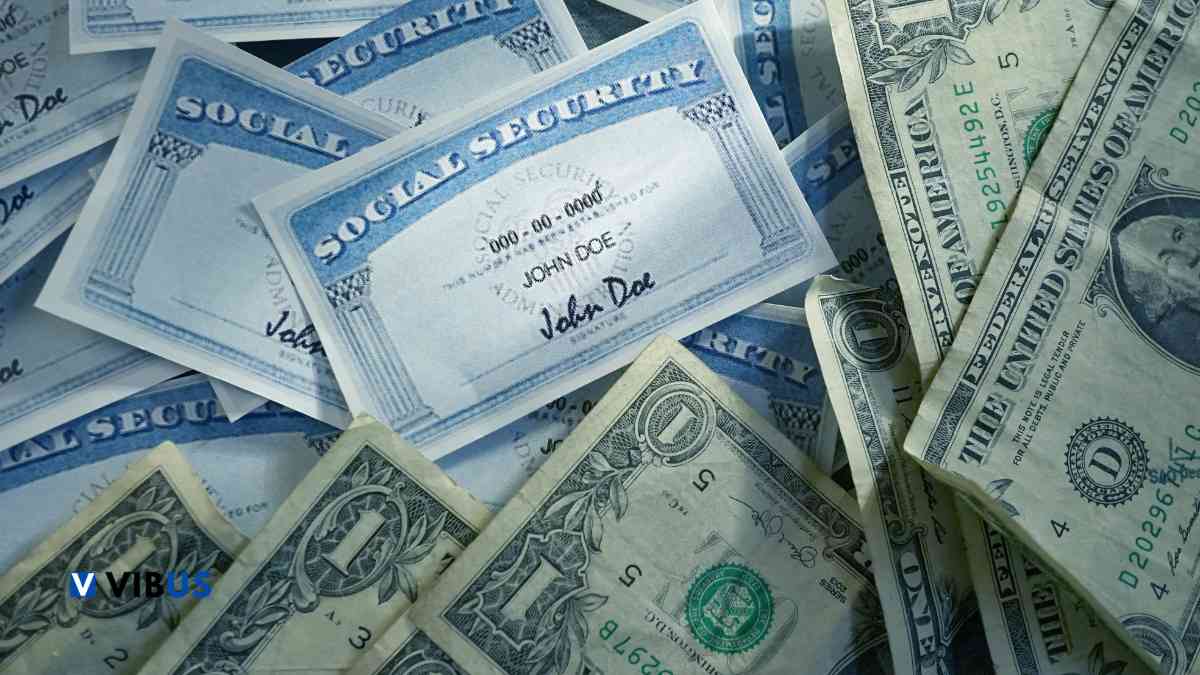In August, the U.S. Social Security Administration (SSA) will implement a significant initiative, issuing a double payment to beneficiaries of the Social Security program. This measure aims to support retirees and people with disabilities, highlighting an ongoing effort to ensure the financial well-being of some of the country’s most vulnerable citizens.
In just three weeks, recipients of Supplemental Security Income (SSI) will receive an average payment of $943 during the first week of August. Additionally, on August 3rd, those enrolled in the Retirement, Survivors, and Disability Insurance (RSDI) program will receive checks averaging $1,900. It’s essential to note that these amounts can vary significantly based on each beneficiary’s individual circumstances.
Details of the august double payment
The double payment in August is specifically targeted at SSI recipients and retired workers who began receiving benefits before May 1997. While the average benefit for retirees will be $1,900, this amount can vary. For instance, individuals who apply for benefits at age 62, before reaching full retirement age (FRA), might receive up to $2,710. Those who wait until their FRA could receive up to $3,822.
There is also a small group of retired workers who might receive up to $4,873 if they delay claiming their benefits. This maximum amount is available only to those who have contributed based on the maximum taxable earnings for the last 35 years and who claim benefits at age 70.
What are the eligibility requirements for the double payment in August SSI?
The double SSI payment will be available to individuals who:
- Have limited income and resources
- Are blind, 65 years of age or older, or have a qualifying disability
- This can include blind or disabled children as well
- On average, SSI recipients receive $658 per month, individuals $943, and couples up to $1,415. With the double payment in August, they will receive $1,316, $1,886, and $2,830 respectively.
To be eligible for SSI in general, you must:
- Be a U.S. citizen or “qualified alien”
- Meet certain income and resource limits
- Be aged, blind, or disabled
A look at the upcoming Social Security disbursements
The SSA is not only responsible for distributing these funds but also manages a broad range of social services, including retirement, disability, and survivor benefits. This agency assigns Social Security numbers and administers the program’s finances and trust funds. Since its inception, the SSA has been dedicated to protecting and ensuring the basic well-being of all eligible American citizens.
Options for SSI beneficiaries
Regarding SSI, the administration will send average checks of $943 to individuals who meet the program’s requirements. Eligible couples will receive up to $1,415 in monthly benefits. Additionally, SSI beneficiaries who qualify as ‘essential persons’ will receive an extra $472 in their monthly benefits.
The SSA has a payment schedule based on the birthdate of retired workers:
- July 10: for those born between the 1st and 10th of the month.
- July 17: for those born between the 11th and 20th.
- July 24: for those born between the 21st and 31st.
After the double SSI payment in August, beneficiaries will continue to receive their monthly checks according to the established schedule, which includes payments at the beginning of each month and adjustments at the end of the month when necessary.
Access to personal information
Beneficiaries can access their “My Social Security” account at any time to obtain detailed information about their monthly payments, financial statements, and online options for managing Social Security-related matters. This tool is crucial for keeping beneficiaries informed and enabling them to better manage their benefits.
This series of double payments not only provides much-needed financial relief for many but also reflects the SSA’s ongoing commitment to the support and security of its beneficiaries. As the population ages and economic dynamics shift, the importance of these payments and their efficient management becomes increasingly critical for the well-being of millions of Americans.




